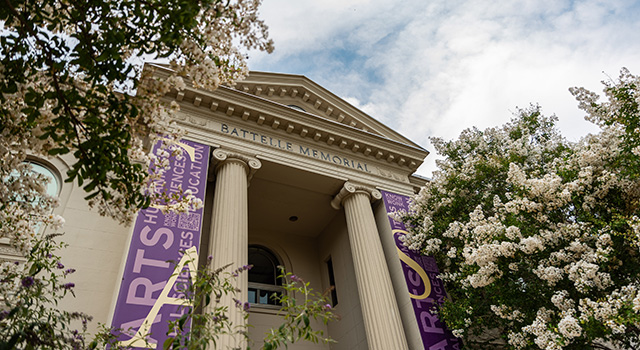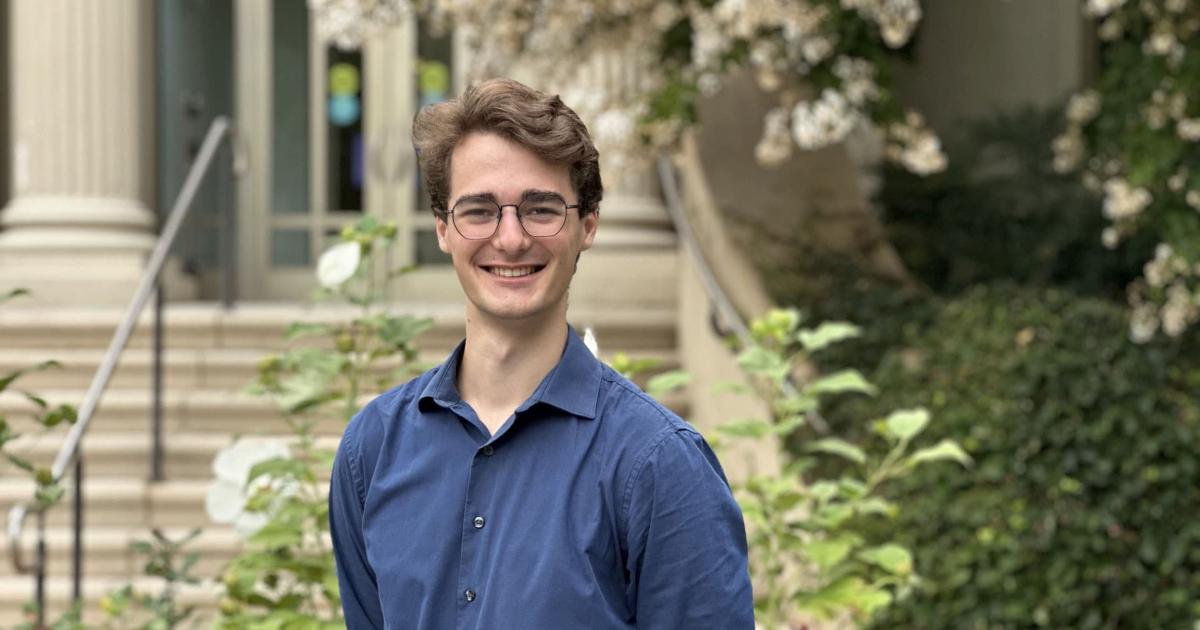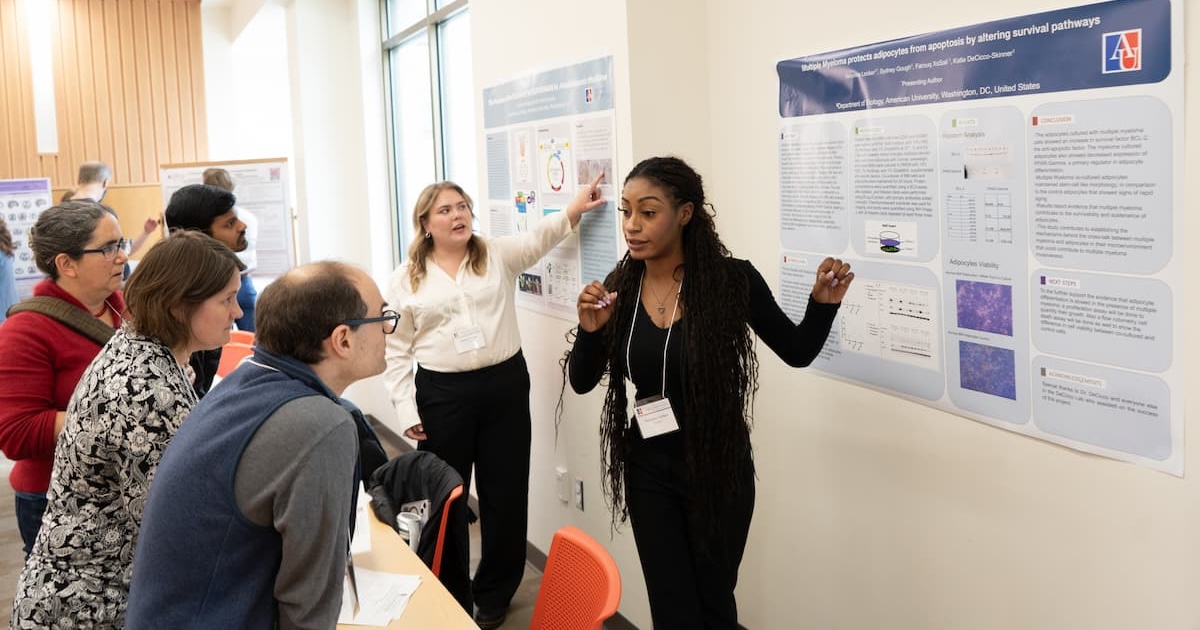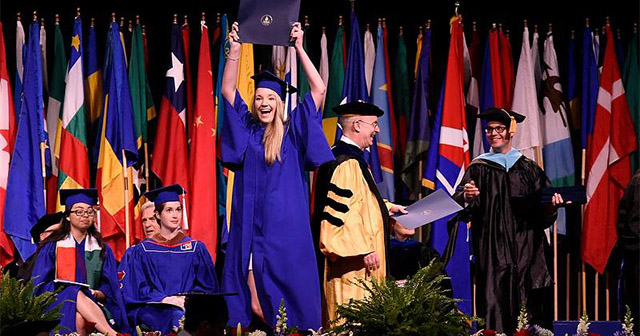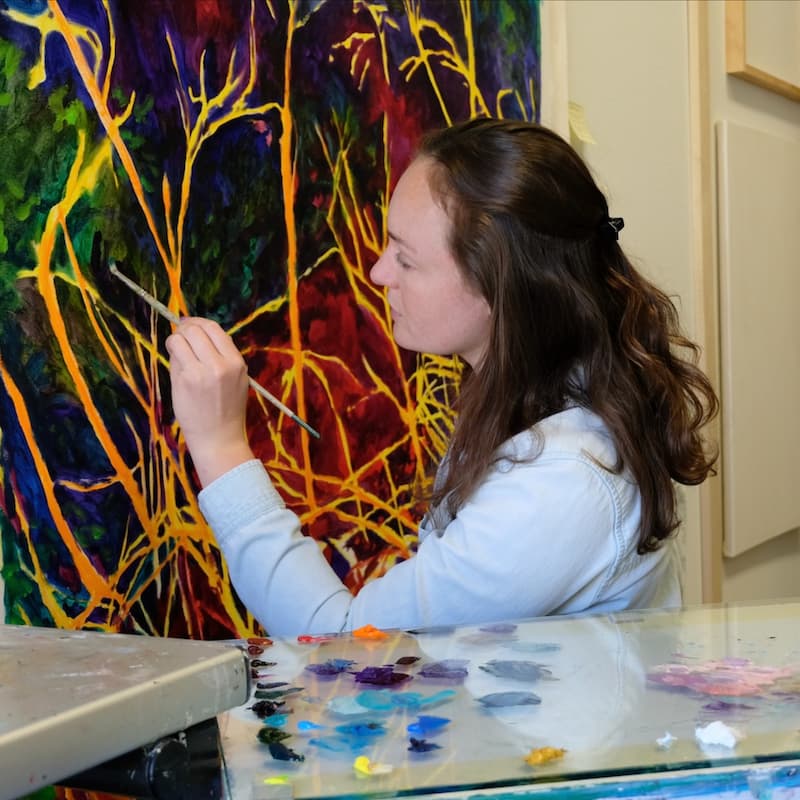Please see also lists of all CAS Undergraduate Degrees/Certificates and all Graduate Degrees/Certificates.
- African-American & Diaspora Studies
- American Studies
- Anthropology
- Arab World Studies
- Art
- Art History
- Arts Management
- Asia, Pacific, and Diaspora Studies
- AU Museum
- Audio Technology
- Behavior, Cognition, & Neuroscience (BCAN)
- Biology
- Biotechnology
- Chemistry
- Chinese
- CLEAR (Language Center)
- Clinical Psychology
- Computer Science
- Creative Writing
- Critical Race, Gender, Culture Studies (CRGC)
- Dance
- Data Science
- Economics
- Engineering
- Environmental Science
- French
- Game Design
- German
- Graphic Design
- Health Promotion
- Health Studies
- History
- Info-Metrics Institute
- Israel Studies
- Jewish Studies
- Leadership and Ethical Development (LEAD)
- Liberal Studies
- Literature
- Mathematics, Stats, Data Science
- Music
- Neuroscience
- Nutrition Education
- Performing Arts
- Philosophy & Religion
- Photography
- Physics
- Premed/Postbacc
- Psychology
- Public Anthropology
- Public Health
- Public History
- Russian
- Sociology
- Spanish
- Studio Art
- TESOL
- Theatre & Musical Theatre
- Women's, Gender & Sexuality Studies
- World Languages & Cultures
- Writing Studies Program

